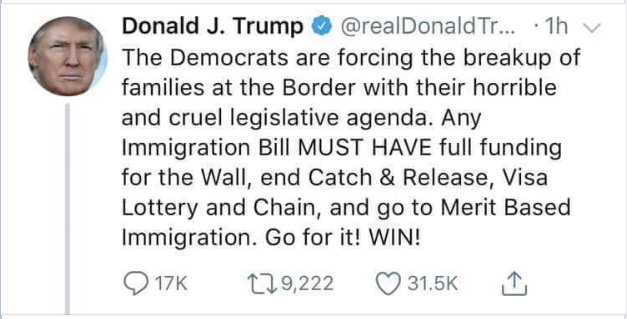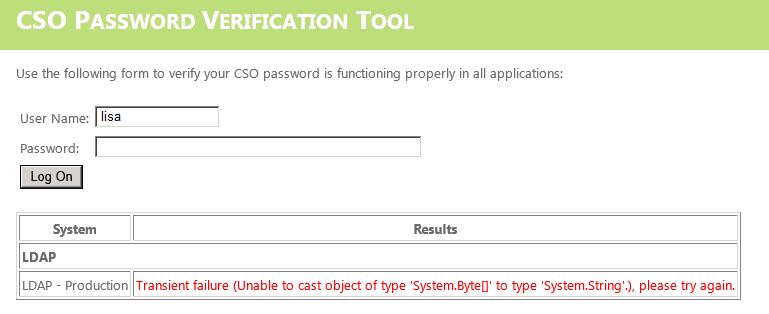They value tribalism over actual plans with specifics, objective reality, or independent thought too. The logic currently being peddled seems to be that any diplomatic overture is vastly better than nuclear holocaust. Now I’m not one to make the argument that there’s a scenario where nuclear annihilation is preferable but it’s disingenuous to call this development a stunning success.
Don’t forget that there was progress in the late 90’s — until GW took over and sought to end the Agreed Framework. The US cut back diplomatic contacts in 2001 while the new administration’s policy was under review. By 2002, NK was asking IAEA inspectors to leave. In 2005, an agreement that might have allowed IAEA inspection was considered progress. Maybe GW was justified in distrusting NK’s concessions (or *not* trusting NK with light-water reactors) — although NK may have violated more the ‘spirit’ of the agreement than the actual substance. But, historically speaking, we’ve been lowering the bar for NK for over a decade. We’re no longer seeking access for IAEA inspectors, now we’re almost looking for agreement that nuclear weapons are a heap-o bad news.
Ignoring decades of history in Korea, Trump was still complicit in the brinkmanship – taunting someone into nuking you then celebrating your negotiating skills when tensions are reduced is a bit like “hero fireman” setting blazes and then saving people from the inferno. And somehow it’s a major bonus that Trump didn’t give un-freeze 150 billion in Iran’s assets for NK? (Republican marketing is winning in the Iran discussion, and Obama unfreezing billions in Iranian assets has been conflated with the US government forking over billions of taxpayer dollars … but what that has to do with North Korea I cannot imagine)
Destroying missile engine testing sites after you’ve got one that works? Not such a concession. Hell, promising not to test any more nukes isn’t a significant concession – once you’ve got the thing working, tests become a way of reminding everyone you’ve got the bloody things. The US has been adhering to terms of the CTBT since, what, 1996. Doesn’t mean we’ve denuclearized. Last year, NK detonated a 200+ kiloton bomb and launched the Hwasong-15 missile which gives them theoretical delivery to the US. Sure they might need more testing to get a functional re-entry vehicle. Worst case, launch with an untested re-entry vehicle. And their current design isn’t as apt to be obliterated on re-entry — it merely lacks accuracy. Well, as someone who lives in the “oops, we missed” zone for a few high probability targets … low accuracy nuclear strikes are still REALLY REALLY BAD.
The WSJ report a year and a half ago about Trump conceiving a brilliant strategy for dealing with NK … after Trump spoke with Putin. The strategy? Cease joint military exercises with SK. Because damaging US / SK relations doesn’t help Putin in any way? For a guy who pulled out of the Paris Accords ostensibly because it was such a bad deal for the US (which, I guess, has plans to jettison everyone with more than nine hundred thirty seven million dollars in net worth to some secret space colony where they’ll be able to fly around extracting resources from planets throughout the solar system), this move hardly seems in line with the “America First” doctrine. Stopping the ‘war games’ is something NK wanted – they offered to stop nuclear testing back in 2015 if we stopped the military exercises. And it’s only *saving* money if you don’t spend it elsewhere. Anyone think the US military budget will decrease by a few mill if we can “save” that by avoiding US/SK joint military exercises?
So we’ve seen destruction at some missile and nuclear test facilities (journalists were invited to watch the destruction at Punggye-ri. Journalists and IAEA reps watched the explosion at Yongbyon in 2008 – the destruction of a cooling tower. After which it was discovered that NK was building a new facility to continue production of fissionable material. And they used another method to cool the reactor at Yongbyon after the cooling tower was destroyed. So destruction at a facility isn’t {a} new or {b} terribly meaningful), agreed to suspend military exercises, and gained NK’s commitment to complete denuclearization. Sounds good on it’s face, once you add complete denuclearization in there.
But there *is* history in the relationship with North Korea. Objectively – “complete denuclearization of the Korean Peninsula” is what NK was pushing for as it involves eliminating American military presence on the peninsula too. It’s not the same as unilateral denuclearization. And if they want to consider delivery capabilities – complete denuclearization means eliminating all American nukes. Not like anyone included a three page appendix detailing what “complete denuclearization of the Korean Penninsula” means to both parties. There’s also the larger context of American military policy — even if we completely withdraw troops from the Korean peninsula, how does Trump’s desire to expand America’s nuclear capacity reassure, well, anyone?


